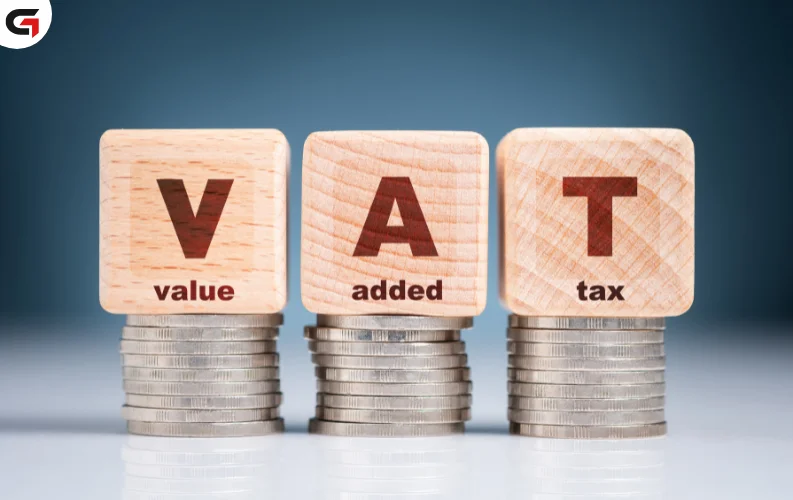A recent amendment to the UAE’s Value-Added Tax (VAT) regulations is set to impact how businesses invoice their goods and services—particularly when multiple components are bundled together under a single transaction.
Effective November 15, 2024, a new requirement dictates that for any transaction to qualify as a ‘single composite supply’, the price of each component must not be shown separately. If prices are identified individually—on a tax invoice, quote, or even the contract—the transaction may no longer qualify as a composite supply.
This shift in interpretation could lead to certain components, previously considered incidental or ancillary, becoming separately taxable—posing fresh challenges across several industries.
What Is a Composite Supply?
Under UAE VAT law, supplies can be taxed in four ways: standard-rated, zero-rated, exempt, or outside the scope of VAT. A transaction involving multiple elements—such as a product and associated services—has traditionally been treated as a single composite supply if the components were closely linked and served a common economic purpose.
This approach relied on two globally recognized tests:
-
Principal vs. Ancillary Components – If one part is clearly the main supply and others are incidental, it's treated as a whole.
-
Artificial Splitting – If elements naturally belong together but are split to reduce VAT, the law treats them as a single supply.
New Rule Changes This Interpretation
Now, if any element’s price is specified separately, regardless of intent, the supply may be reclassified as multiple taxable supplies.
For instance, a designated zone supplier selling machinery for Dh700,000 and charging Dh7,000 separately for loading and freight used to treat the entire transaction as VAT-free (outside the scope). Under the new rule, that freight charge may become separately taxable.
Industries That Could Be Hit Hardest
-
Gold & Jewellery: ‘Making charges’ listed on a quote or purchase order—even if not on the final invoice—may now attract VAT.
-
Airlines: Add-ons like priority boarding and seat selection could become taxable despite the flight itself being zero-rated.
-
Healthcare: Charges for food or room may be taxed separately even if the core medical service is exempt or zero-rated.
-
IT Services: Software sold to overseas clients is typically non-taxable, but itemized support or installation charges may now be taxable.
-
Real Estate: Developers quoting separate pricing for payment plans could face tax scrutiny if components are no longer seen as part of a composite supply.
Impact on Input Tax Credit
Recent clarification from the Federal Tax Authority (VATP040) further complicates matters. If a single invoice includes itemized pricing for components like venue rental or catering (e.g., in a marketing campaign), the entire supply loses composite status. This could affect input VAT claims, especially where entertainment-related restrictions apply.
Free Zone and Designated Zone Complications
Many businesses in designated free zones routinely itemize freight separately. If those charges are no longer part of a composite export supply, they may become separately taxable. That raises further questions: Can such freight be zero-rated? How should it be reflected in VAT returns?
It also adds complexity to UAE Corporate Tax. If freight or installation is taxed separately, determining whether these activities qualify as ancillary to zero-rated income becomes a challenge. That, in turn, could affect eligibility for 0% corporate tax.
Call for Clarity
The change, though technically straightforward, may disrupt established invoicing and pricing practices across sectors. For many companies, the amounts involved may be small—but the compliance burden and risk exposure could be significant.
As businesses begin to reassess contracts and billing structures, further guidance from the Federal Tax Authority (FTA) is urgently needed to prevent misinterpretation and ensure industry-wide consistency.




















